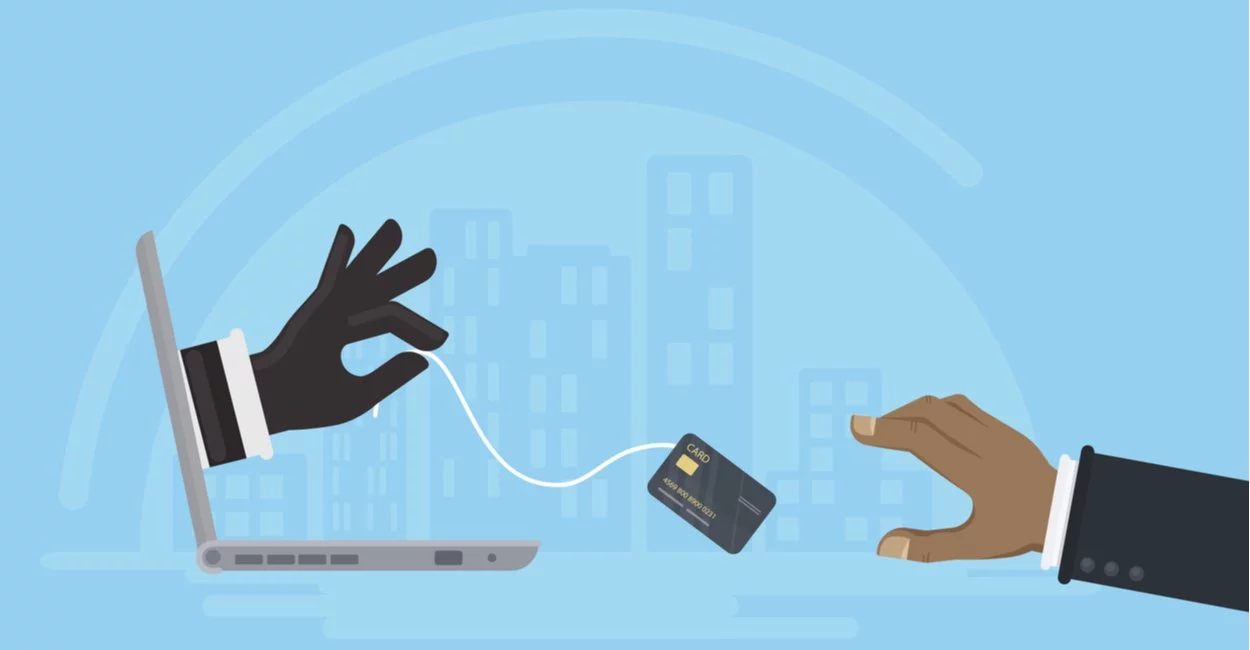
Card fraud is the term used to explain how threat actors obtain and use credit card data that has been stolen. Security teams at financial institutions must have a knowledge of the threats they are facing in order to prevent cyberattacks and swiftly and completely reduce the possibility of card theft. This post from SmartOSC will show you the best methods for preventing payment card fraud.
Card fraud is a type of crime where threat actors—sometimes individuals, other times “collectives”—target an organization’s data, including compromised credentials, card numbers, zip codes, and other sensitive information that could endanger an If used by threat actors on the deep and dark web, an organization’s assets, customers, stakeholders, and reputation if used by threat actors on the deep and dark web.
This includes selling data in card shops like the now-defunct and other illegal markets on the deep and dark web, as well as making fraudulent transactions, identity theft, account takeovers (ATO), and data resale.
Some “hacktivists,” or threat payment card fraud actors, have moral or ideological objections to the goods or services provided by businesses operating in both the public and private sectors. Hacktivists spread social or political views either individually or as part of a larger hacktivist network in order to create fear, uncertainty, and doubt (FUD).
Competitors may choose to target groups they believe pose a threat to their industry. Similar to corporate targets, organizations that provide vital services may be targeted by nation-state payment card fraud actors.
Threat actors with an interest in gaining publicity will focus on the targets that are most likely to get media attention and divert their efforts from smaller-scale or opportunistic cyberattacks.
Smartosc solutions : BACKBASE DIGITAL BANKING, BUY NOW PAY LATER, LOS, CDP, EKYC, DIGITAL ONBOARDING
Insider hazards include both purposeful and unintended risks that workers bring to businesses. The most common way that malicious insiders steal or exfiltrate data is through email, which they do by using their privileged access. They then sell this data on illegal payment card fraud actor forums or use it as a tool for extortion or blackmail.
Financial institution CISOs and fraud teams need highly specialized resources in order to detect cyber threats, minimize risk, and grow operations efficiently. Their tasks include preventing data theft, protecting assets, and keeping up with threat actors’ constantly changing tactics.
Recognize and keep track of facts pertaining to your cards or exposure. The card fraud module from Flashpoint offers detailed shop and dump data to help you pinpoint particular cards and accounts for which you need to take action, as well as high-level analytics to summarize your exposure.
Exchange information with other institutions to make the most of shared point-of-purchase data and associated context. Utilize the data you get proactively by creating payment card fraud models, de-authorizing compromised cards, and allocating fraud specialists to evaluate and prioritize the data.
Identify accounts which have been compromised on a consistent basis in order to provide ongoing payment card fraud monitoring without impacting user experience.
Gain insight into the types of domains being targeted, as well as the most vulnerable passwords and cards that are most likely to be linked to unique breaches requiring further action. Integrate data within the client’s existing business processes to make it immediately actionable.
Search and monitor Flashpoint’s unique collections for compromised credentials belonging to their employees in order to flag accounts, reset passwords, and restrict permissions to prevent payment card fraud from accessing confidential or personally identifiable information (PII).
Leverage our OCR technology, which enables fraud teams to identify text, logos, and objects from multimedia within Flashpoint collections. Monitor for compromised credentials belonging to your customers, enabling you to preempt fraudulent activity and protect your client base.
Due to low barriers to entry and a lack of technical expertise required to carry out numerous carding schemes, card fraud is the low-hanging fruit of cybercrime. The information about the ultimate guide to combat payment card fraud that SmartOSC has given above should assist you in finding a trustworthy company; if you have any queries, please contact us as soon as possible. Thank you for reading.
Retail banking has come a long way since its inception. In the current age of…
Integrated banking technology has revolutionized the banking industry, offering many benefits that are changing how…
In the highly competitive banking industry, customer relationship management (CRM) has become a critical component…
As the banking industry evolves, customers demand more convenient and flexible banking services. This has…
Banking software has revolutionized the financial industry, enabling financial institutions to serve customers more efficiently…
Bank strategy consultant As the banking industry evolves rapidly, financial institutions must stay ahead of…